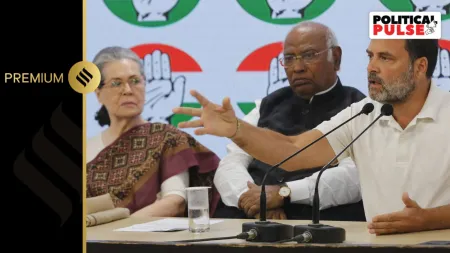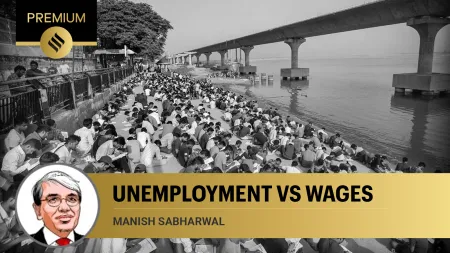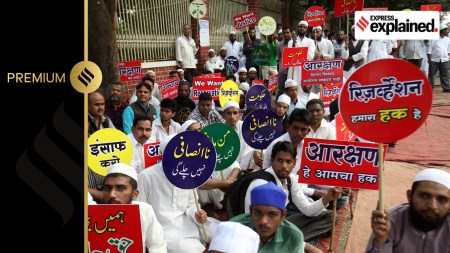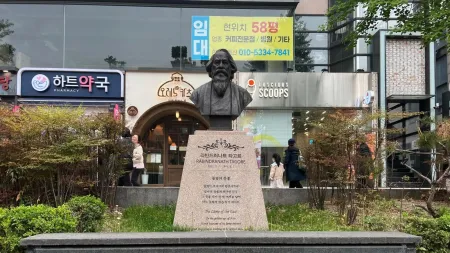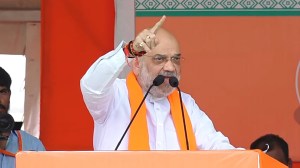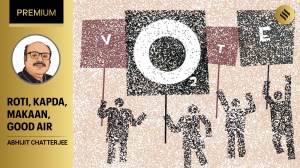- India
- International
There’s a perception that judiciary is very powerful, says SC
CJI Lodha said: “We are happy to hear this from the Solicitor General of India that everyone looks up to us.”
 A Constitution bench headed by CJI R M Lodha made the impromptu observation as the arguments on the powers of the Supreme Court were being led during a hearing on the validity of the National Tax Tribunal (NTT) and the law to create it.
A Constitution bench headed by CJI R M Lodha made the impromptu observation as the arguments on the powers of the Supreme Court were being led during a hearing on the validity of the National Tax Tribunal (NTT) and the law to create it.
AS a debate over transparency and efficacy of the collegium system heats up inside as well as outside Parliament, the Supreme Court Wednesday observed that there was a perception that the judiciary was very powerful since it could appoint the judges on its own.
A Constitution bench headed by CJI R M Lodha made the impromptu observation as the arguments on the powers of the Supreme Court were being led during a hearing on the validity of the National Tax Tribunal (NTT) and the law to create it.
Distinguishing between the powers of a tribunal and a court of law, senior advocate Arvind Datar, who was appearing for the Madras Bar Association, said a constitutional court had enormous powers, including judicial review. He pointed out that the judiciary stood tall under the principle of separation of powers between different institutions.
Solicitor General Ranjit Kumar, who appeared for the government to defend the NTT, seconded Datar’s views and said the world looked up to the Indian SC.
At this, CJI Lodha said: “We are happy to hear this from the Solicitor General of India that everyone looks up to us.”

He then dwelled on as to what made the lawyers say the judiciary and the Supreme Court was very powerful. “There is a perception that it is so because we can appoint ourselves,” the CJI remarked spontaneously.
The observation prodded a quick response from senior advocates K V Vishawa-nathan and P H Parekh, who submitted that the judiciary was considered to be powerful since 120 crore people of the country expected justice from this institution and that all kind of cases were being decided by the courts.
During the course of the hearing, the bench also took umbrage at a statement made by a secretary, Ministry of Law, that the NTT required accounting members, who could be chartered accountants or company secretaries, since the judges were not experts in technical matters.
“Judges may not be experts but they (executive) always come to the judges whenever problems arise…by way of commissions, tribunals or courts,” said the bench, citing examples of how judges helped evolving array of legal aspects through their judgments.
Questioning the autonomy of the NTT, the bench pointed out that under the NTT Act, its chairperson did not even have the power to constitute benches and it was rather left on the executive.
“Central government will decide who will man the bench. There seems to be no autonomy at all. There are a lot many holes and gaps in the Act” a bench, also comprising justices J S Khehar, J Chelameswar, A K Sikri and Rohinton Nariman, said while reserving its verdict on a batch of petitions.
Meanwhile, Datar also informed the court that in a separate case, the government has told the SC that it was not feasible to create an independent supervisory body for administration of all the tribunals since they served “specialised requirements of different ministries”.
May 09: Latest News
- 01
- 02
- 03
- 04
- 05


